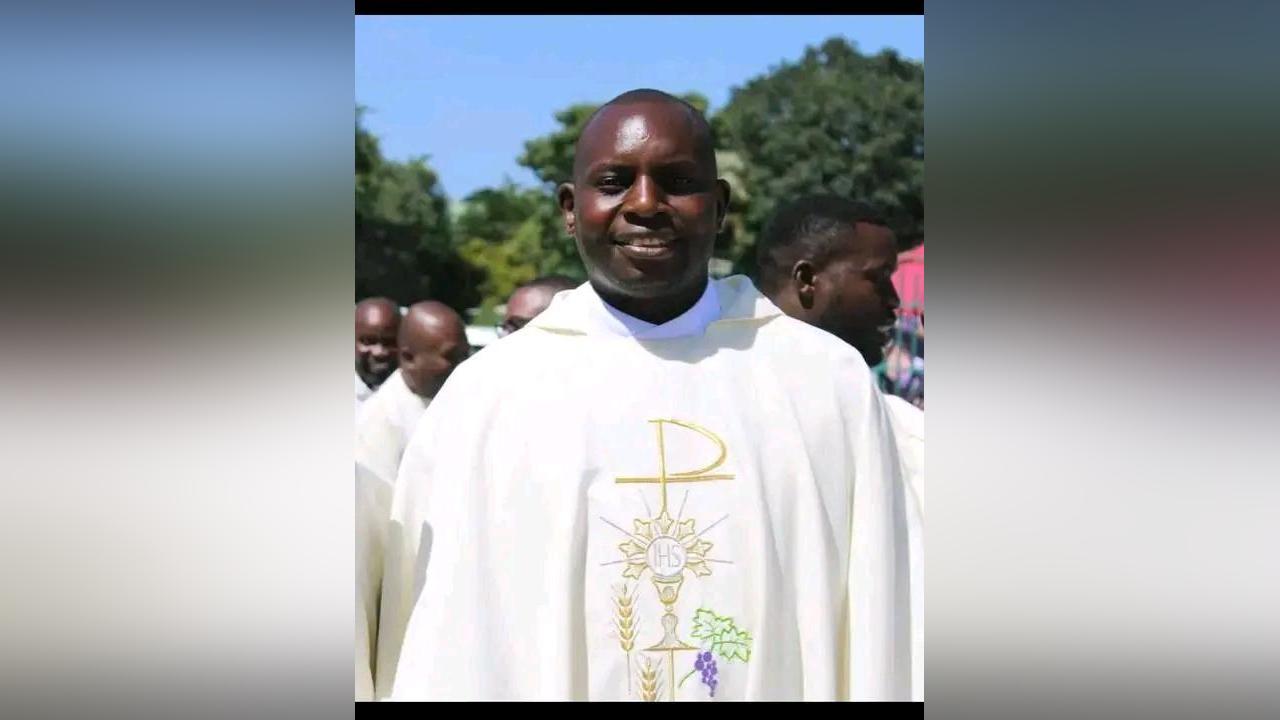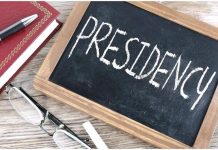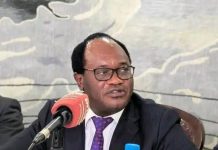Africa-Press – Zambia. When Catholic Priest Fr. Chalwe Chonde recently told Zambians to “get the money and eat the food” offered by politicians but still “vote wisely,” his remarks immediately stirred public debate. While his message may have been intended to empower citizens to exercise independent judgment despite political handouts, the advice risks reinforcing the very culture of voter manipulation that undermines Zambia’s democracy.
In many parts of the country, elections are often accompanied by the distribution of cash, mealie meal, cooking oil, and t-shirts — a practice meant to sway voters rather than address their long-term socio-economic needs. This form of political clientelism turns poverty into a weapon, exploiting the hunger and desperation of the electorate. Against this backdrop, Fr. Chonde’s message, though seemingly pragmatic, could easily be misinterpreted as legitimizing vote-buying.
The priest’s statement — “get the money and eat the food, but vote wisely” — fails to consider the psychological and moral pressure such transactions exert on voters. Once a citizen accepts money or food from a politician, it becomes morally and socially difficult to vote against the giver. The exchange creates an implicit debt — a sense of obligation — that compromises free choice. In practice, very few voters manage to separate the gift from the vote.
Religious leaders, especially from the Catholic Church, have historically played a central role in shaping moral and civic values in Zambia. Their voices carry immense authority, particularly during politically charged times. It is therefore crucial that their messages are unambiguous and consistent with the Church’s long-standing stance against corruption and exploitation.
A more appropriate message from Fr. Chonde would have been to urge citizens not to accept money or food from politicians seeking votes. Such a position would reaffirm moral integrity, discourage vote-buying, and promote a culture of accountability in politics. Citizens must be reminded that the “free” money or food they receive today often translates into five more years of poor governance, unemployment, and deepening poverty.
As the 2026 General Election draws nearer, Zambia faces a defining moment. The nation’s democracy will be strengthened not by clever slogans but by the moral courage of both leaders and citizens to reject corruption in all its forms. Voters must understand that true empowerment does not come from short-term handouts but from making informed choices that hold leaders accountable.
For More News And Analysis About Zambia Follow Africa-Press







